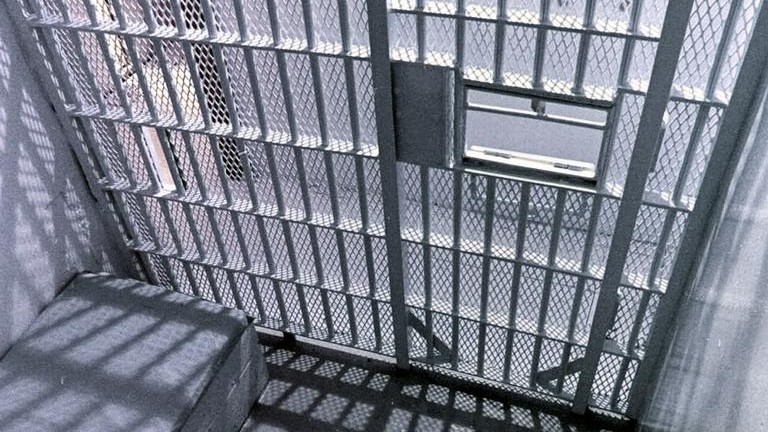
Kris Maharaj is a British-born businessman who was convicted of the execution-style murder of his former business associate Derrick Moo Young and his son Duane, in a Florida hotel room in 1986. Despite a garbled alleged motive, a dodgy witness who changed his story multiple times, a convincing alibi and a complete absence of any kind of violent past, Maharaj was found guilty and sentenced to death.
Muharaj’s case is at the centre of a new book by lawyer and campaigner Clive Stafford-Smith that examines the use of the death penalty in the US. The book argues that the US judicial system is riddled with so many quirks and loopholes that too often justice falls through the cracks.
Click here for an interactive map of death row across the US.
These days Stafford-Smith focusing his legal campaigns with Reprieve against Guantanamo Bay and increasingly the US drone campaign – but he spent most of his career as an anti-death penalty lawyer. He came to Maharaj’s case as it went to appeal, and has followed it ever since, convinced of his innocence. Yet 26 years after Maharaj’s initial conviction, he remains in jail. In Injustice, Stafford-Smith systematically looks at every stage of the judicial process and the ways it can betray the fundamental principle that no innocent man should be punished.
By the time the state has decided to press charges, the odds in many cases are already rigged against the accused, he argues. If the defendant cannot afford to hire their own lawyers they must rely on state defence attorneys, who are paid so little for the work that they cannot feasibly devote the time to mount a convincing defence.
One of the tragedies of Maharaj’s case was that unlike many defendants he could have afforded a decent lawyer, but he was convinced the jury would see the charges were ridiculous. Instead, he hired someone who failed to challenge the most glaring holes in the prosecution’s argument, to investigate the Moo Young’s apparent connections to drug trafficking, or to summon anyone who could provide an alibi, and has paid dearly for his thrift.
Stafford-Smith takes no prisoners in this attack of the US judiciary. He argues that it is a system where witnesses can be coached by the prosecution so that their stories conform to the prosecution’s theory. Where those who are connected to any misdeeds themselves can be effectively blackmailed into providing the testimony the state needs to convict. And where for the prosecution, the emphasis is on obtaining a conviction, rather than on ensuring the right person is convicted. This pressure is increased, he argues, as in most states chief prosecutors are elected, adding a political expedient to the need for a ‘good’ conviction rate.
‘Expert’ witnesses can be hired to deliver judgements of dubious scientific value, but which sound complex and technical enough to sway or at least baffle a jury. The jury itself can be fatally biased – in Maharaj’s case, four potential jurors were ruled out purely because they opposed the death penalty.
And so on, through the police, the judge, and almost every facet of the legal system. Disturbingly, many of the flaws Stafford-Smith points to also apply to the UK’s system – with one key difference. In many US states, the judicial system has the power of life and death – and last year it was used 46 times according to Amnesty International.
Kris Maharaj’s provides the key narrative of Injustice – but along the way, Stafford-Smith introduces many of the other cases he has won and lost over the course of his career, starting with the execution in the electric chair of another British man, Nicky Ingram. At once gruesome and deeply moving, the account of Ingram’s death underlines the brutal endgame of the dry courtroom wranglings and legal principles. Even for those who agree with the death penalty, it leaves little room for doubt over the importance that the system works in the interests of justice, not around them.
This story was originally published by The Bureau of Investigative Journalism.


